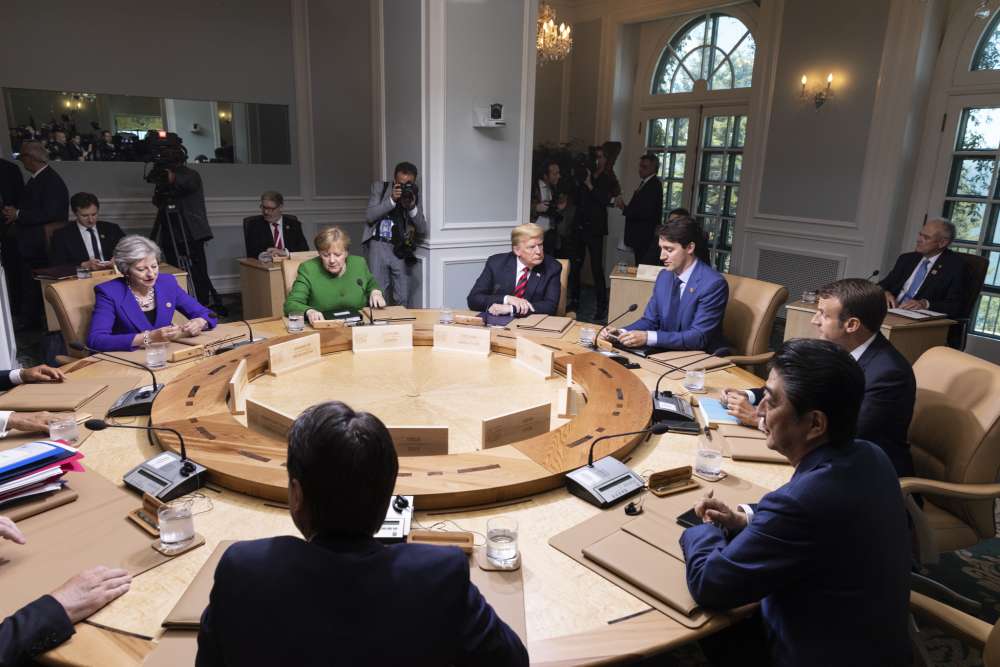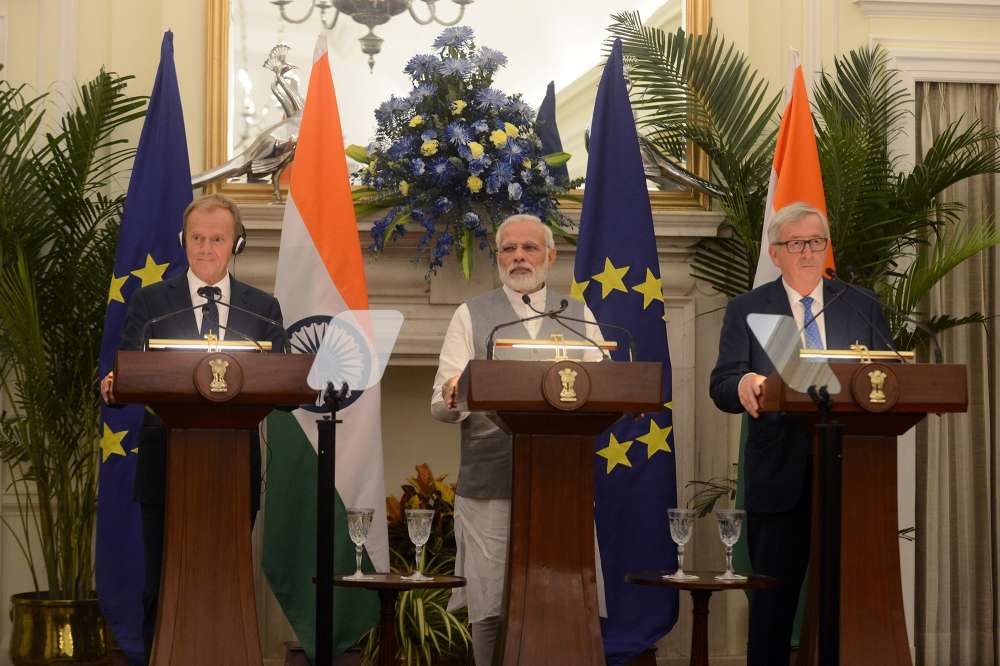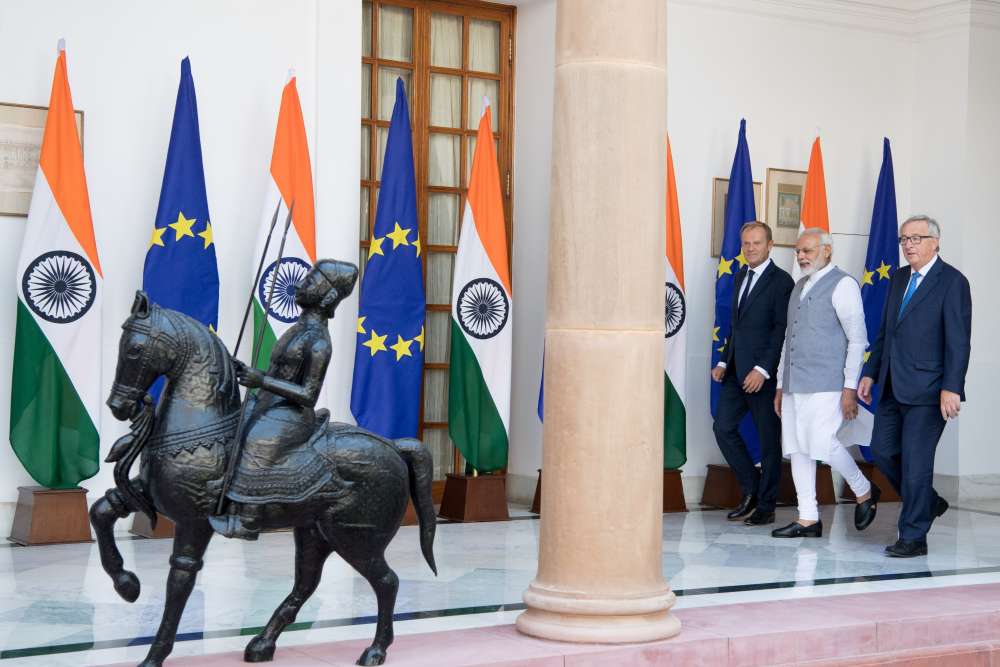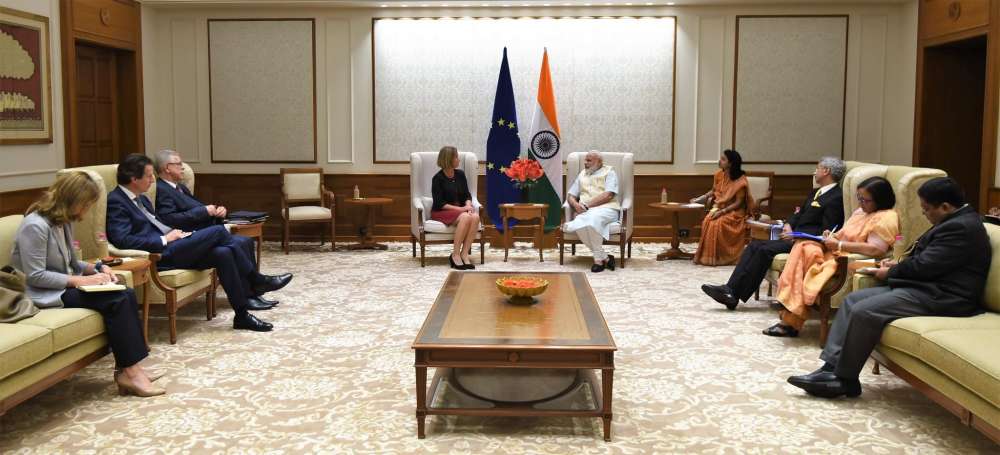The EU’s Human Rights Dialogue with China
Quiet Diplomacy and its Limits

The European Union uses a confidential, institutionalized Dialogue to raise human rights concerns with China, but little is publicly known about its set-up, its substance, its development over time and its impact.
This book provides the first detailed reconstruction and assessment of the EU’s responses to human rights violations in China from 1995 to the present day. Using classified documents in the EU’s historical archives and interviews with diplomats, officials and human rights experts in Europe, China and the United States, Kinzelbach lifts the veil of secrecy on the EU-China Human Rights Dialogue and provides a rare insight into how the European Union and China conduct quiet diplomacy on human rights. The book reconstructs the evolution of the Dialogue and the EU’s internal debate on the merits of quiet diplomacy, and draws comparisons with the approach of other actors, notably that of the United States. In doing so, the EU’s relative impact is concluded to be tenuous if not counter-productive. The book also chronicles and analyzes numerous human rights concerns that were raised in the period, ranging from structural issues to individual cases.
This ground-breaking, in-depth case study will be of interest to students and scholars of international politics, human rights, international law, EU politics, especially the EU’s Common Foreign and Security Policy, and Chinese politics.
Reviews
“[…] this is not just the best study of Western human rights policy toward China and of informal human rights dialogue in print; it is also one of the best microanalyses of a sensitive contemporary policy issue that I have ever read.”
Andrew Moravcsik, Princeton University, Foreign Affairs, January/February 2016 Issue
“Kinzelbach’s book traces the origins of the EU’s human rights dialogue with China in 1995 through its 2010 rounds, based on interviews and extraordinary archival research, including hard-to-access internal memos. […] Piecing together the administrative, diplomatic, and political track record of this initiative across more than two dozen member states, rotating presidencies, and changing institutions has been no small task.”
Sophie Richardson, Human Rights Watch
“For those interested in Chinese foreign policy and China-EU relations, this book is also highly important. […] The Chinese government gained greater confidence in its political system because of the crisis, and Kinzelbach confirms observation of a more assertive overall Chinese foreign policy in this period.”
Professor Ming Wan, George Mason University, The China Quarterly, 221
“Kinzelbach carefully documents internal EU debates and demonstrates the EU’s struggle to develop a consistent and effective human rights policy towards China.”
Rana Siu Inboden, Senior Fellow at the Strauss Center for International Security and Law, University of Texas at Austin, Cambridge Review of International Affairs, 2015
…
The book is now available from Routledge.







